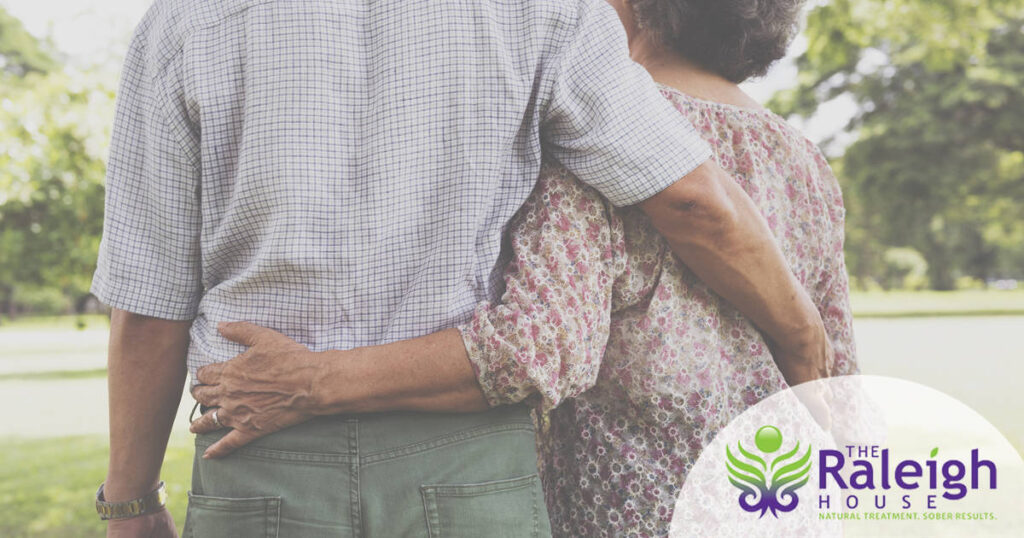
If you suspect that your adult child is using heroin, you’ll likely waver between disbelief, anger, shock, guilt and sadness.
It is critically important, however, that you focus on one thing: Finding out the truth. Heroin addiction is a disease and, just like any disease, early detection and intervention is always the best strategy. Now is the time to find out what’s going on and, if necessary, learn how to help an addicted child.
Signs of Heroin Use
The signs of heroin use can be fairly easy to spot—if you know what to look for.
- Drug Paraphernalia. If your child uses heroin on a regular basis, he will have his own supplies. That could include a little bowl to dissolve the heroin in, cotton balls, needles, lighters, spoons (especially burned silver spoons), small baggies, belts, rubber ties, pipes or foil. Be relentless in your search. Look inside stuffed animals and examine everyday items like hairspray bottles, books and even jars of peanut butter. (There are dozens of products available online that have been modified to contain secret compartments.)
- Change of Friends. This is one of the earliest signs of drug use. If your daughter suddenly hangs with a whole new group, especially if she has no obvious ties with them, that’s a huge warning sign.
- Loss of Motivation. Grades that have tanked or poor work performance can go hand-in-hand with heroin use. So can a loss of interest in favorite hobbies or activities.
- Nodding Off. If your son is having a hard time staying focused and looks like he is falling asleep, that’s a classic sign of opiate use. When heroin enters the brain, users feel a strong euphoria, followed by a trance-like state that shifts between being drowsy and wide awake.
- Small pupils. While high, a heroin user’s pupils become very small, the size of a pinpoint.
- Track Marks. These are often found on the inside of the elbow, on the wrist, on the back of the hand, behind the knees or even between toes. It’s also a warning sign if your child wears only long-sleeved shirts.
- Personality Changes: If someone has a heroin addiction, it will become the only thing that matters in their life. Family commitments and other people’s problems will be ignored. Lying to protect drug use will be normal.
- Stealing or Legal Issues. Theft or other crimes, resulting in legal issues, is common among addicts. They might steal money from your purse, steal your jewelry or take your credit cards. As hard as it may be to understand, it’s the disease doing this, not your child.
- Withdrawal Symptoms: Once a person is truly addicted, even a brief period without drugs can cause significant withdrawal symptoms, including sweating, nausea, joint pain and sleeplessness.
- Overdose. Heroin deaths are sky-rocketing and many victims are first-time users. Knowing how to handle an overdose can save someone’s life. A person who has over-dosed on heroin will either be unconscious, extremely drowsy, delirious or disoriented. Very small pupils, a dry mouth, discolored tongue and uncontrollable muscle movements are all symptoms. They may have a bluish tint to their lips, nails or skin and may be breathing shallowly or not at all. Call 9-1-1 immediately if you see any of these symptoms.
We’re Here to Help
If you think that your child is addicted to heroin, don’t confront them with anger or accusations. You may not be able to understand this yet, but your child has lost control to their disease. Anger is not how to handle a drug-addicted child.
We know how hopeless and scared you must be feeling. Dealing with a drug-addicted child is not something you can do on your own. Our master’s level trained therapists have met—and helped—hundreds of people like your son or daughter. Addiction is a disease that needs to be treated. Fill out our form or contact us today to learn more about heroin drug treatment at The Raleigh House.

